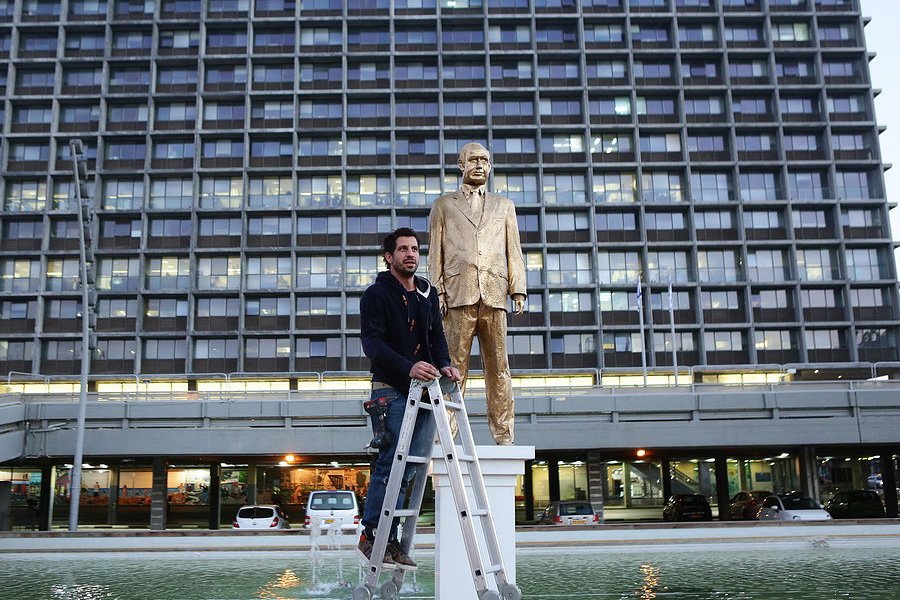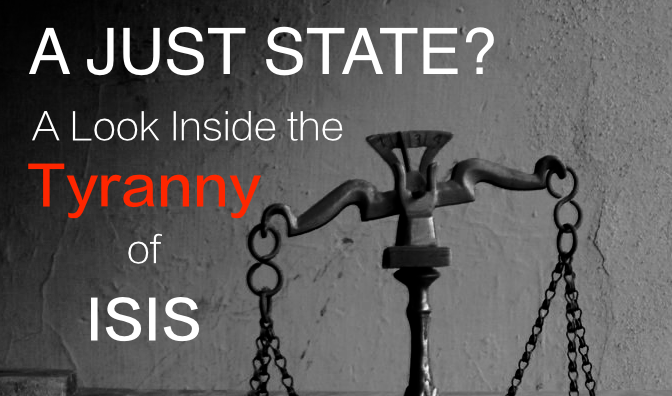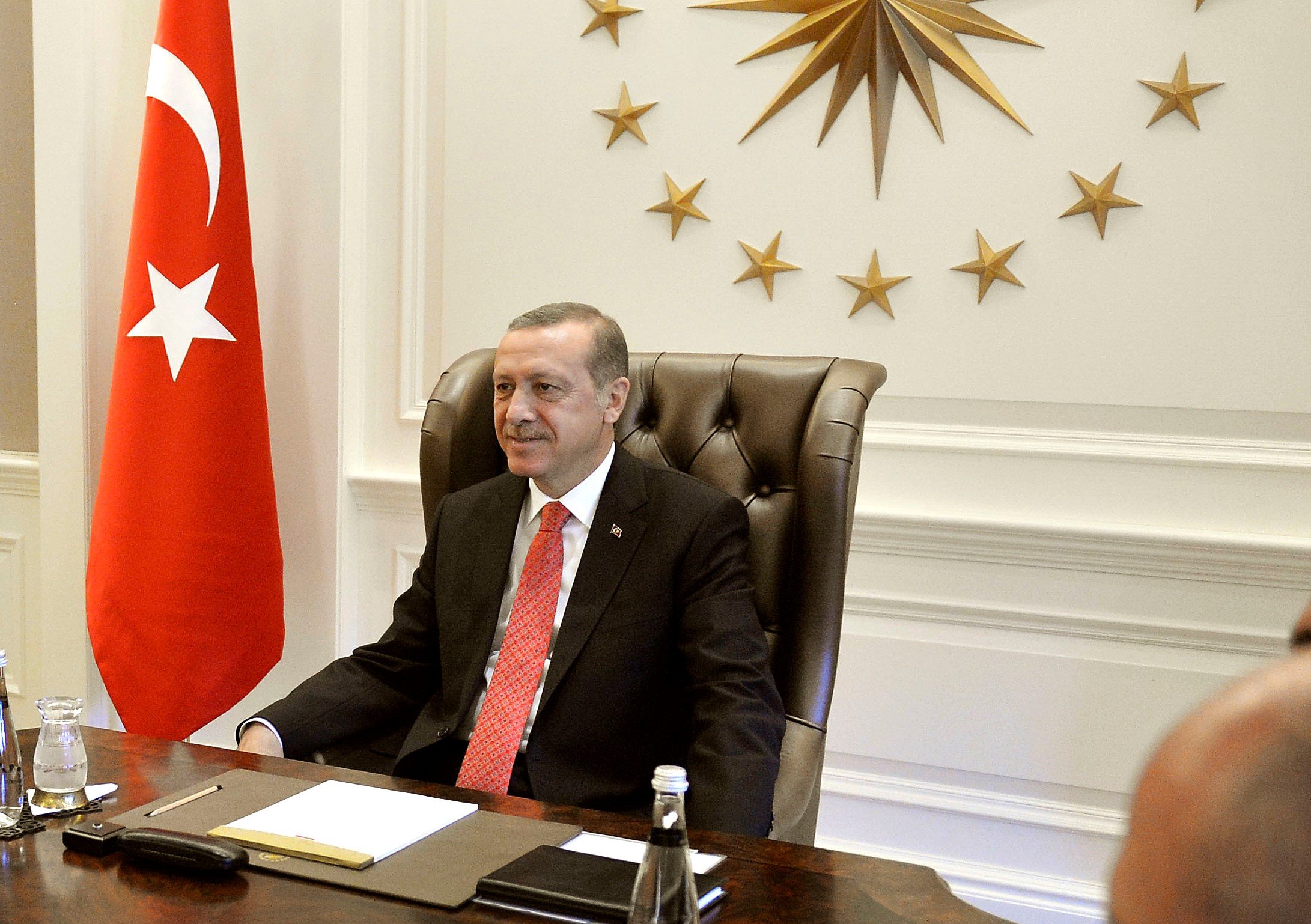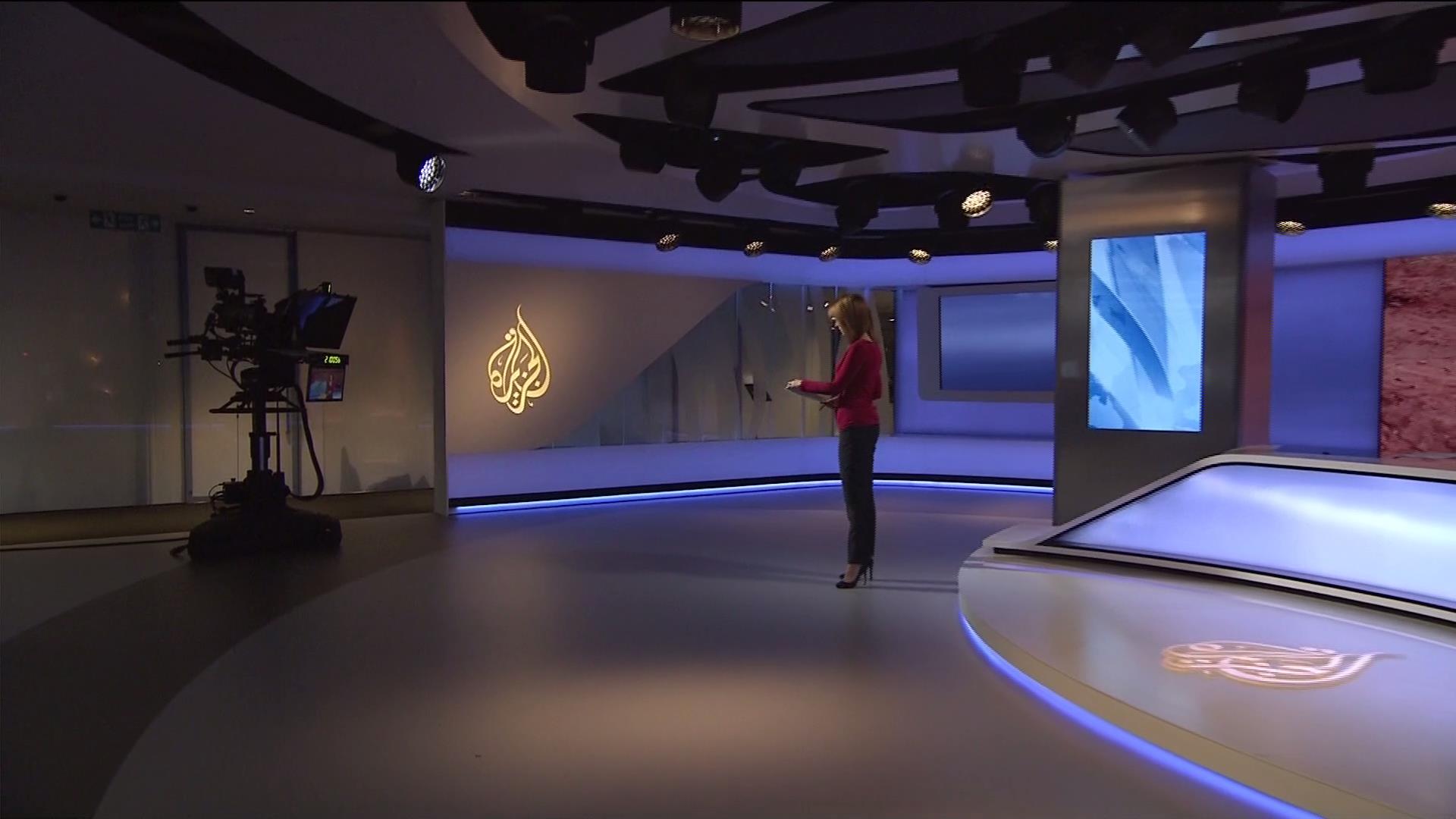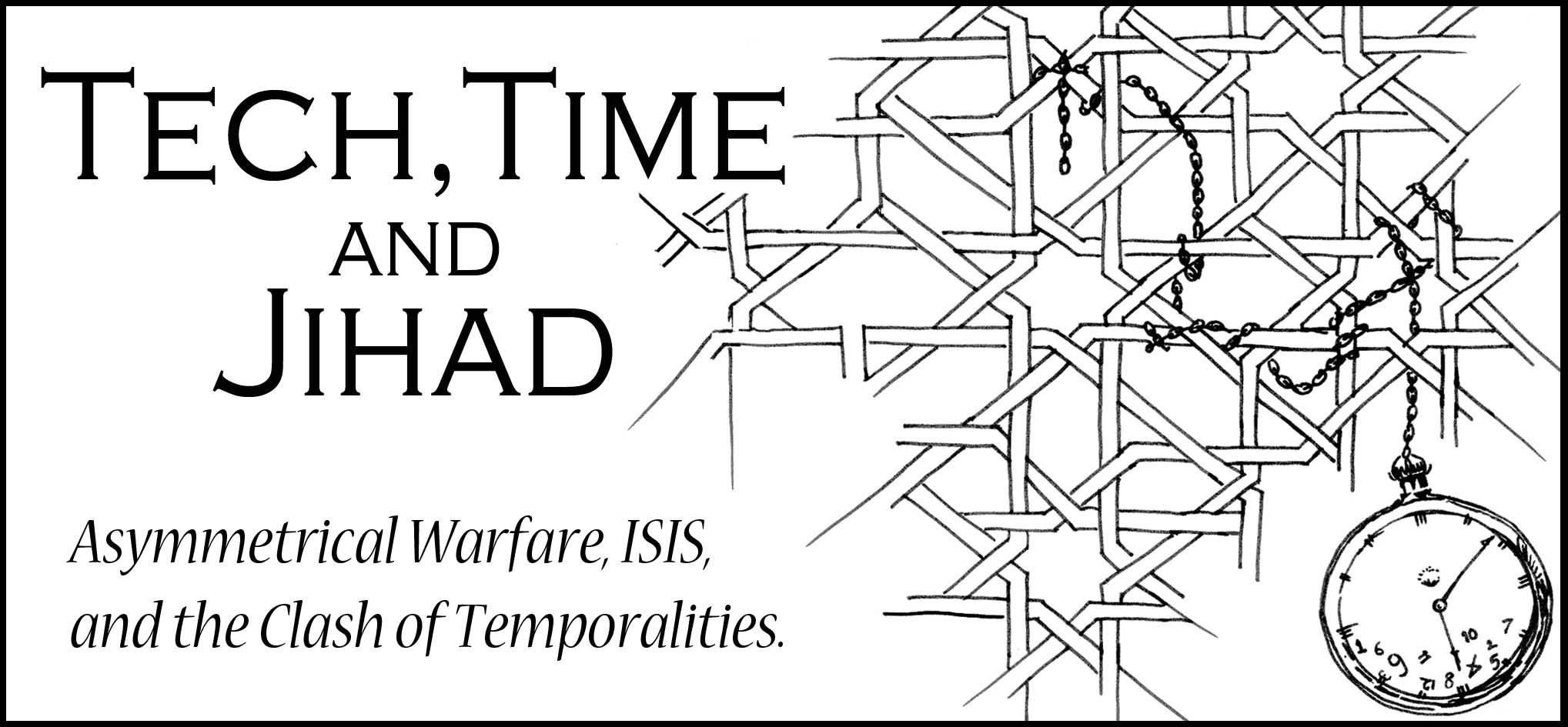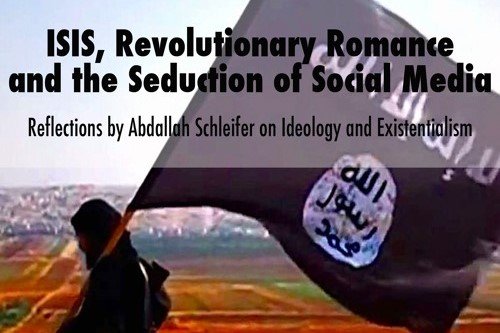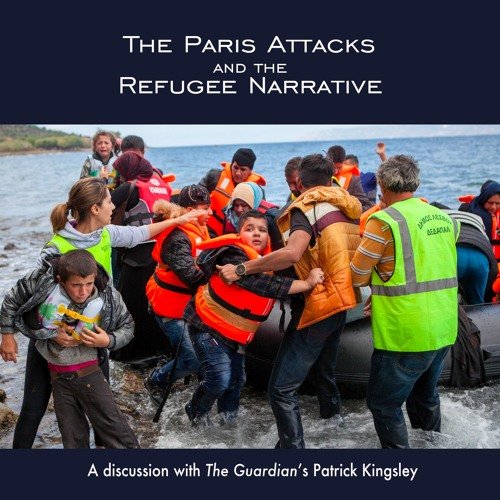Issue 24, summer/fall 2017 https://doi.org/10.70090/KH17LDMM This article is based on a talk given at the London School of Economics and Political Science on November 18, 2016. Europe is currently facing severe political challenges, some of which seem to be connected. Take for example, the refugee crisis and the rise of …
Read More »World Affairs
REVIEW | Islam for Journalists (And Everyone Else)
Most American journalists probably know little about covering Islam accurately, fairly, ethically and contextually amid rising levels of xenophobia, hate speech and “fake news” in the U.S., but help is on the way. In 1980, I arrived in Beirut as CBS News Middle East correspondent. My qualifications for covering this complex …
Read More »Creative Insurgency and the Celebrity President: Politics and Popular Culture from the Arab Spring to the White House
Issue 23, winter/spring 2017 https://doi.org/10.70090/MMK17POP Read an excerpt of Marwan Kraidy's latest book The Naked Blogger of Cairo here. On Tuesday, December 6, 2016, a strange sight appeared on Rabin Square in Tel Aviv. Close to city hall, passersby saw a four-meter high gilded statue of Prime Minister Benjamin Netanyahu, in …
Read More »PODCAST | A Just State? A Look Inside the Tyranny of ISIS
Mara Revkin, PhD candidate in Political Science at Yale University, unveils the legal structure, recruitment, and media management of the infamous yet understudied so-called Islamic State (ISIS). As part of her research, she has conducted interviews with defectors and individuals who have escaped ISIS occupied territory. She has also interacted with active members. In the podcast, Revkin explains the legal structures of ISIS and why it is appealing to followers.
Read More »Coup Bid in Turkey Reported Live on Social Media Despite Blockages
July 16, 2016—Despite restricted access to social media sites, Turkey’s attempted military coup exploded across Twitter, Facebook, and Youtube late last night.
Read More »Thinking and Writing About Terrorism: Reflections on an Uncertain World
I am writing a book that will be called Confronting Terrorism. It examines the evolution of terrorism that culminates, for now, in the Islamic State’s ability to hold and “govern” substantial amounts of territory. This requires me to immerse myself in both the literature of terrorism and to view, from a distance, the nasty realities of this topic. I do not pretend to be as intimately involved as are the people who must live under terrorism’s darkest shadows every day. But I think a lot about how terrorism’s presence changes our world...
Read More »BOOK EXCERPT | Media Power and Global Television News: The Role of Al Jazeera English
In her recent book, Seba Bebawi assesses the veracity of Al Jazeera English's self-proclaimed role as a radical "counter-balance" to mainstream global media. She demonstrates a nuanced understanding of modern media through direct narrative comparisons of the same events covered by Al Jazeera English and by other media outlets.
Read More »Tech, Time, and Jihad
Issue 22, spring 2016 https://doi.org/10.70090/RH16TTAJ On December 28th, 2015, when the Iraqi army felt confident enough of the military situation around Ramadi, the capital of Anbar province, it invited the world’s media to witness the raising of the national flag atop a central administration building. For the Iraqi government, the …
Read More »PODCAST | ISIS, Revolutionary Romance and the Seduction of Social Media
In the 1960s, marginalized and disenchanted by the social order, veteran journalist Abdallah Schleifer joined a rebellious literary movement and became a social revolutionary. Decades later, he reflects on what attracted him to the far left movement. In this excerpt from a longer conversation, Schleifer unpacks what draws marginalized youth to ISIS, articulating that just like the social revolutionary movements of the ’60s, the appeal of ISIS is not ideological, but rather existential.
Read More »PODCAST | The Paris Attacks and the Refugee Narrative
With the tragic attacks in Paris last week, the emerging discourse has inevitably connected this atrocity to the migration crisis, particularly the influx of Syrian refugees into Europe. The closing of borders, and the decision to further restrict the flow of refugees by several Western countries has further escalated the already contentious debate about how best to handle this crisis. In light of this, we speak with The Guardian correspondent Patrick Kingsley about the media narrative around the crisis.
Read More » Arab Media & Society The Arab Media Hub
Arab Media & Society The Arab Media Hub


